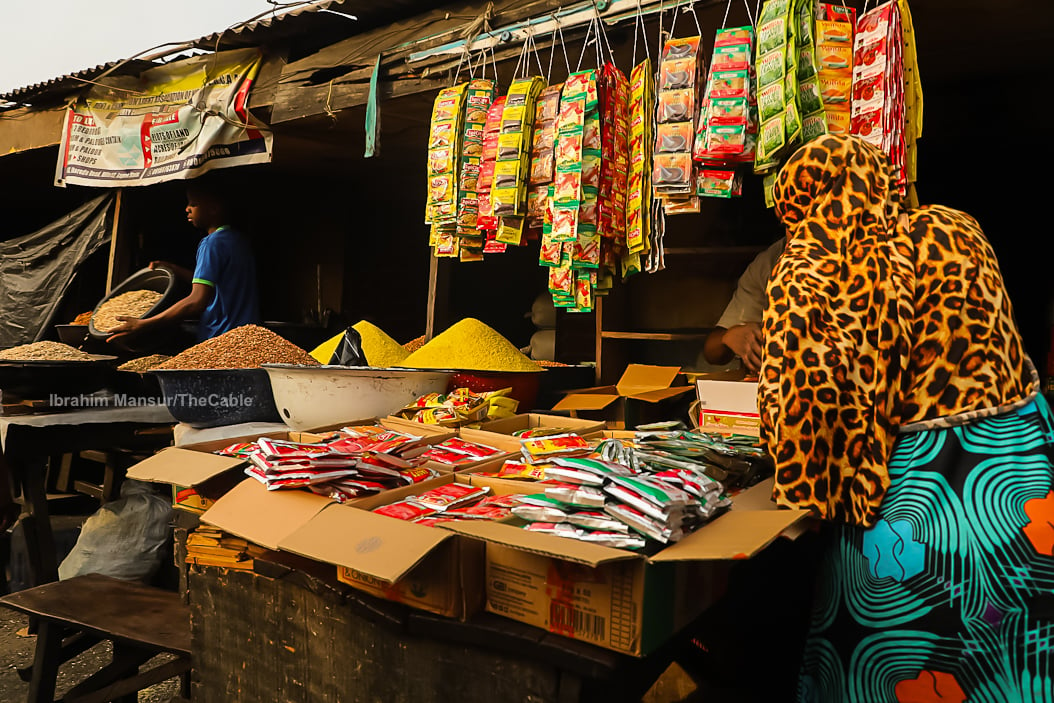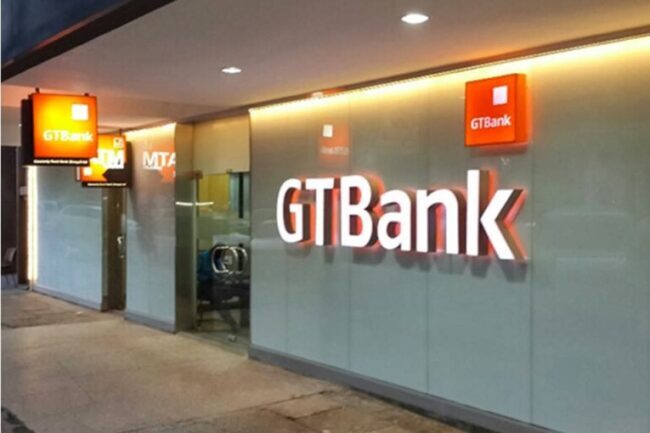The National Bureau of Statistics (NBS) says Nigeria’s inflation rate declined to 33.40 percent in July, below the 34.19 percent reported in June.
This is the first decline in 19 months.
In the consumer price index (CPI) — which measures the rate of change in the prices of goods and services — published on Thursday, NBS said the inflation rate decreased by 0.8 percent.
The bureau said the headline inflation rate in July showed “0.3% points lower when compared to the June 2024 headline inflation rate”.
Advertisement
“On a year-on-year basis, the headline inflation rate was 9.32% points higher compared to the rate recorded in July 2023, which was 24.08%,” NBS said.
“This shows that the headline inflation rate (year-on-year basis) increased in July 2024 compared to the same month in the preceding year (i.e., July 2023).
“Furthermore, on a month-on-month basis, the headline inflation rate in July 2024 was 2.28%, which was 0.03% lower than the rate recorded in June 2024 (2.31%). This means that in July 2024, the rate of increase in the average price level was lower than the rate of increase in the average price level in June 2024.”
Advertisement
‘DECLINE IN GARRI AND FISH PUSH FOOD INFLATION RATE DOWN’
NBS also said the food inflation rate in July dropped to 39.53 percent, compared to 40.87 percent in June.
However, on a year-on-year basis, the July figure was 12.55 percent points higher compared to the 26.98 percent inflation rate recorded in July 2023.
“The rise in food inflation on a year-on-year basis was caused by increases in prices of the following items Semovita, Yam Flour (Prepacked), Wheat Flour (Prepacked), etc (Bread and Cereals Class), Yam, Irish Potatoes, Water Yam, etc (Potatoes, Yam & Other Tubers Class), Groundnut Oil, Palm Oil, etc (Oil & Fats Class) and Milo, Bournvita, Ovaltine (Coffee, Tea & Cocoa Class), etc,” NBS said.
Advertisement
“On a month-on-month basis, the food inflation rate in July 2024 was 2.47% which shows a 0.08% decrease compared to the rate recorded in June 2024 (2.55%).”
The bureau said the fall can be attributed to the decline in the rate of increase in the average prices of tin milk, baby powdered milk, etc, fish, date palm fruit (Debenu), watermelon, etc garri, akpu (fufu), etc.
Others are exercise books, textbooks, turkey meat, and minced pork.
“The average annual rate of Food inflation for the twelve months ending June 2024 over the previous twelve-month average was 36.36%, an 11.90% points increase from the average annual rate of change recorded in July 2023 (24.46%),” the bureau added.
Advertisement
STATES WITH THE HIGHEST INFLATION RATES
The report also said Sokoto (46.26 percent), Jigawa (46.05 percent), and Enugu (44.06 percent) states spent more on food in June, while Adamawa (33.48 percent), Bauchi (35.10 percent) and Benue (36.41 percent), recorded the slowest rise in food inflation on a year-on-year basis.
Advertisement
On the other hand, Borno (5.07%), Sokoto (4.99%), and Enugu (4.17%) states had the highest food inflation month-on-month.
NBS said Kwara (0.51 percent), Taraba (0.56 percent), and Ondo (0.68 percent) states recorded the slowest rise in food inflation on a month-on-month basis.
Advertisement
Add a comment









